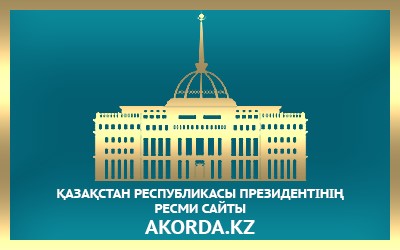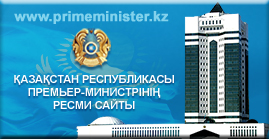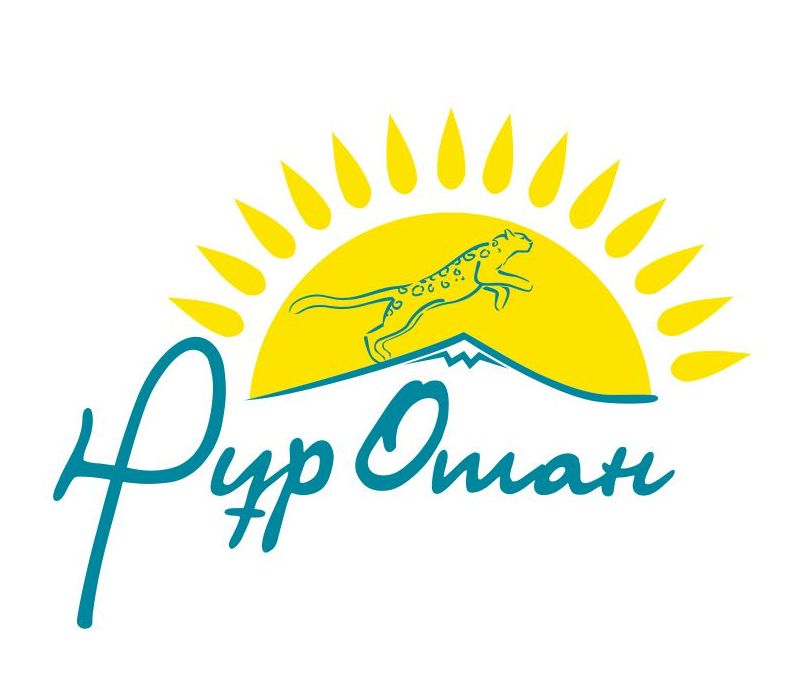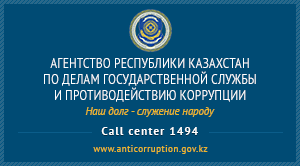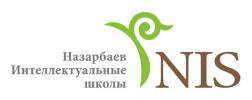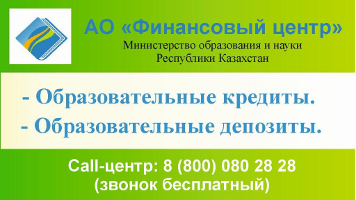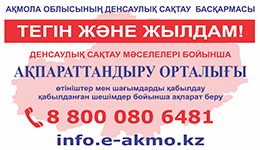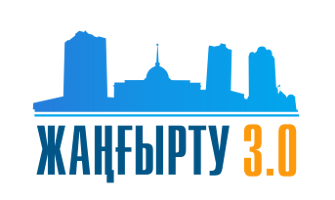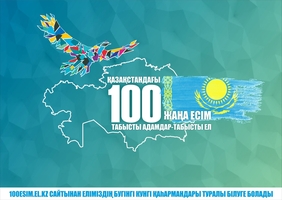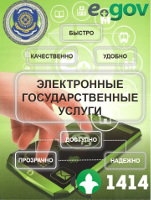
Lesson plan
|
Unit 1: Home and away
|
School: Moskowskaya school | |||||
|
Date:18.09.2017 |
Teacher name: Sovetkhan R. | |||||
|
Grade: 5 |
Number present: |
absent: | ||||
|
Theme of the lesson:
|
Cities and countries 2
| |||||
|
Learning objectives(s) that this lesson is contributing to |
5.UE8 use future forms will for predictions and be going to to talk about already decided plans on a limited range of familiar general and curricular topics 5.S6 communicate meaning clearly at sentence level during, pair, group and whole class exchanges 5.R2 understand with little support specific information and detail in short, simple texts on a limited range of general and curricular topic | |||||
|
Lesson objectives |
All learners will be able to: -work in pairs and answer to the simple questions. Most learners will be able to: -talk about plans, holidays with help of visuals and map; Some learners will be able to: - read text and search for detailed information, analyze and answer to the questions | |||||
|
Language objectives |
Use simple present tenses | |||||
|
Value links |
Respect, trust, support | |||||
|
Cross curricular links |
Geography | |||||
|
ICT skills |
Projector or Smart board for presenting a video | |||||
|
Intercultural awareness |
Students will be able to understand that every person, family and country has their own values. | |||||
|
Kazakh culture |
Students will be able to differentiate values in Kazakh culture | |||||
|
Pastoral care |
Learners are taught to be tolerant and respect each other | |||||
|
Kazakh culture |
This lesson focuses on: - Comparing buildings of Astana now and before. | |||||
|
Health and Safety |
Everyday classroom precautions will ensure that safety measures are provided to prevent the exposure of electrical power cords | |||||
|
Previous learning |
Cities and countries | |||||
|
Plan | ||||||
|
Planned timings |
Planned activities (replace the notes below with your planned activities)
|
Resources | ||||
|
5 min
|
Warm –up Learners name any city of Kazakhstan shown by the teacher to match each letter of the ABC. Teacher asks learners to make predictions for their vacation time and elicits what countries they would like to visit Introduce lesson objectives. |
PPT (slide 3) | ||||
|
Middle
10 min
20 min
|
Presentation P, I) Place on PPT (slide 4) map of Kazakhstan. Learners look at s map of Kazakhstan. Explain/elicit where north, south, east, west are. Explain that pairs of learners in turn will have the name of one of the ten main cities. Hand out names of five cities to pairs of learners. In turn, they point where the city is on map and hold up name. Others watch, look at map on their worksheet and give directions if pair of learners is wrong. Learners watching say: ‘Yes, that’s right.’ ‘No, go left/ right one step’; ‘Walk two steps forward, back ‘The next pairs try. Feedback: Ls share their ideas, repeat after the teacher T monitors their answers, makes some notes if necessary, T drills the pronunciation of certain words, learners support each other help and comment, peer assessment. Teacher supports less able-learners with words, pronunciation and location (differentiation by teacher support) Teacher monitors to identify those learners who know many places and those who know a few. Practice (I, P, I, f)Learners read or reread the story ‘Monster in the lake’ in Primary Colours, page 14. They say which country the story is about and what features the country has. Elicit words such as: Scotland: hills, grass, lake) PPT slide 5 It’s important to revisit texts in the course book but with a different focus. Learners should be able to reread the story quickly in Primary Colours 3, page14.
Project map of Scotland on IWB. Explain that Loch Ness is near Inverness. Ask what is different between the map of Scotland and the map of Kazakhstan e.g. Encourage learners to contrast the two maps (Kazakhstan and Scotland) using ‘but’. Monitor learners’ use of directions and prepositions as they describe places.PPT slide 6
Scotland has sea all round it but Kazakhstan has one Sea in the west. Scotland has many islands but Kazakhstan doesn’t have any. Learners listen and tell you which places you are describing e.g. This place is next to the sea. It’s in the west of Scotland. (Oban)
This city is the capital of Scotland. It’s near the sea. It’s southeast of Stirling. (Edinburgh) Learners in pairs describe two places each for partner to guess. They then write six sentences about Scotland: two to contrast it with the map of Kazakhstan; four to describe four places on the map. If time, simplify the Loch Ness Monster story on the web link and tell to learners.
|
PPT slide 4
Worksheet 1
PPT slide 5 Hicks, D. and Littlejohn, A. (2003) Primary Colours Pupil’s Book 3, page 14
PPT slide 6
story about Loch Ness Monster http://www.shortstories.net/story-the-loch-ness-monster
| ||||
|
5 min
|
Plenary/Reflection Ask learners what the most interesting/ difficult part of the lesson was. Name two words you practiced today. Home task: Learners could make up their own story about the Loch Ness Monster. Provide sentence starters e.g. Once upon a time there was… One day…(who) went (where) and saw (what) What was the problem? What happened in the end?
|
Story frame for writing http://www.activityvillage.co.uk/sites/default/files/pdf/loch_ness_monster_story_paper_handwriting.pdf
| ||||
|
Additional information | ||||||
|
Differentiation – how do you plan to give more support? How do you plan to challenge the more able learners? |
Assessment – how are you planning to check learners’ learning? |
Health and safety check ICT links
| ||||
|
Differentiation by peer support and task Differentiation by teacher support
|
Monitoring
|
Safety regulations are taken into account when planning and conducting the lesson. There are types of activities that meet the needs of learners with different learning styles and level. | ||||
|
Reflection
Were the lesson objectives/learning objectives realistic? Did all learners achieve the LO? If not, why? Did my planned differentiation work well? Did I stick to timings? What changes did I make from my plan and why?
|
Use the space below to reflect on your lesson. Answer the most relevant questions from the box on the left about your lesson.
| |||||
|
| ||||||
|
Summary evaluation What two things went really well (consider both teaching and learning)? 1:
2:
What two things would have improved the lesson (consider both teaching and learning)? 1:
2: What have I learned from this lesson about the class orachievements/difficulties of individuals that will inform my next lesson? | ||||||





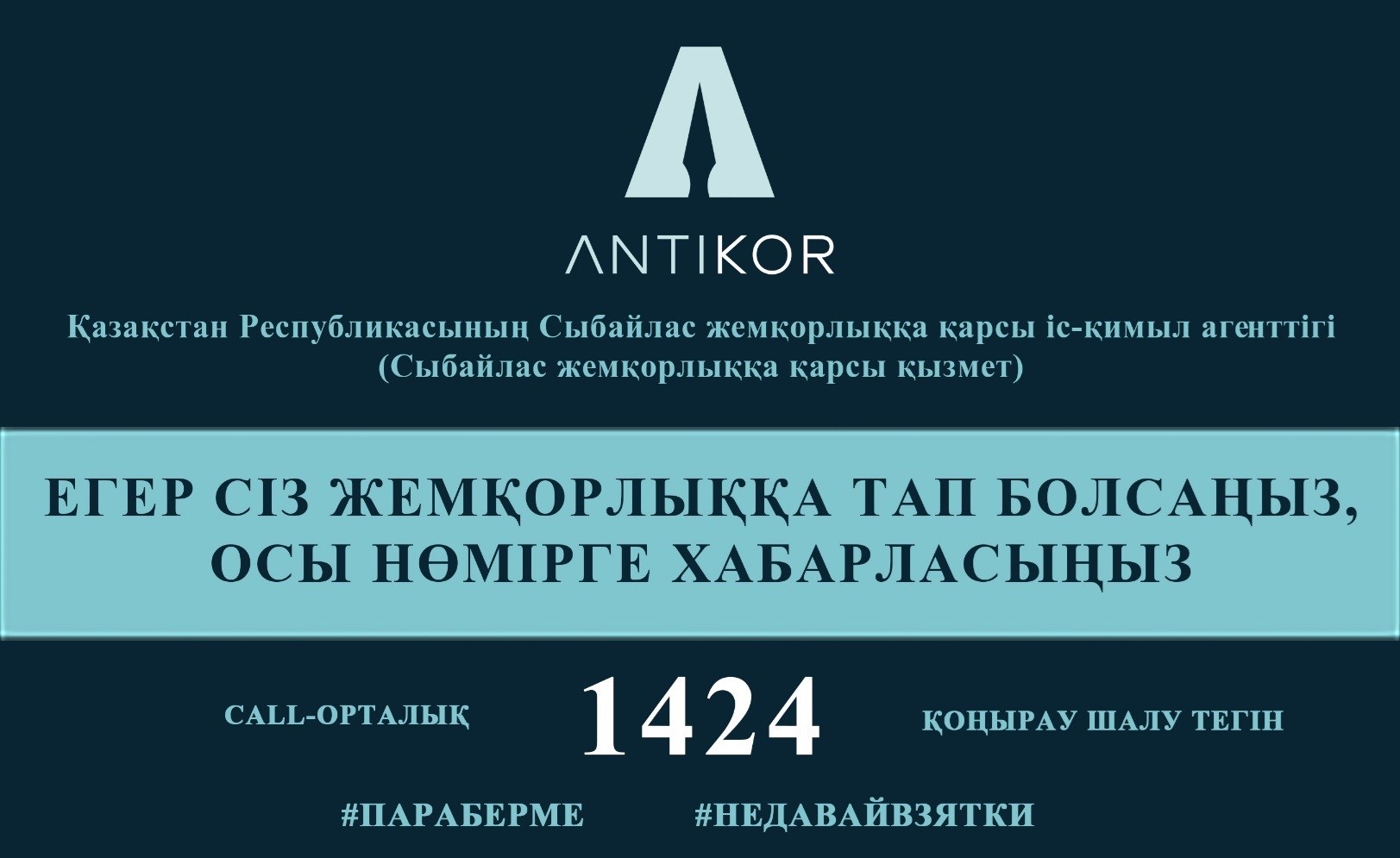
 Мектепке дейінгі балалар ұйымына жолдама қалай алуға болады
Мектепке дейінгі балалар ұйымына жолдама қалай алуға болады
 Мектепке тіркеу үшін құжаттарды қабылдау
Мектепке тіркеу үшін құжаттарды қабылдау

 Педагогикалық консилиум:...
Педагогикалық консилиум:...
